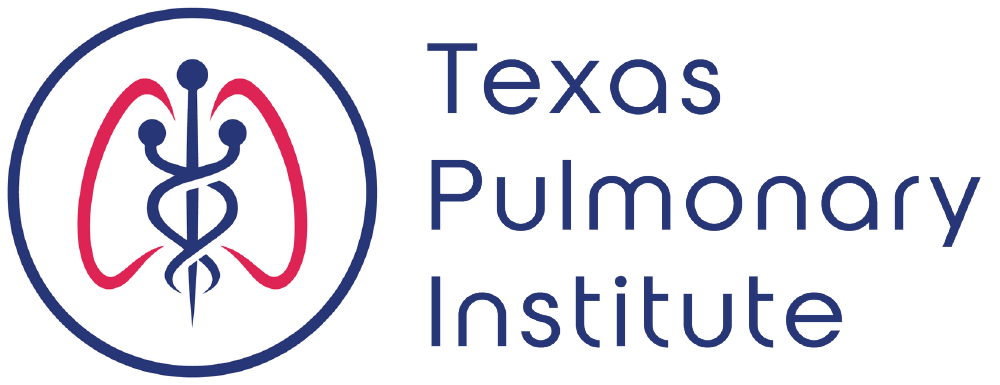Symptoms
Symptoms of lung cancer can vary from person to person. You may have no symptoms at all or you may feel like you have bronchitis or a bad cold that does not get better. Symptoms which should alert you to see your healthcare provider are:
- A cough that gets worse or does not go away
- More trouble breathing (shortness of breath) than usual
- Coughing up blood, chest pain, hoarse voice, frequent lung infections
- Feeling tired all the time, weight loss for no known reason, or swelling of your face or arms
High Risk
- Tobacco smoke
- Exposure to or working with hazardous chemicals such as silica, cadmium, arsenic, beryllium, chromium, diesel fumes, nickel, coal smoke and soot.
- Exposure to particle pollution—like exhaust smoke.
- Asbestos, a mineral formerly used in building materials that is still in some environments and products like old brake pads.
- Supplements with high doses of vitamin E (above the Recommended Daily Allowance)
Possible Treatment
- Lung surgery is offered in people who have early-stage disease where there is a high chance of removing all of the cancer. The cancer, some normal lung tissue and lymph glands (nodes) are removed.
- Radiation uses high energy x-rays to damage the cancer cells and cause the tumor to shrink. It is often used in combination with chemotherapy.
- Chemotherapy (drugs that kill fast growing cells including the cancer cells) are commonly used in many different treatment plans. These drugs are usually given through the vein.
- Immunotherapy (drugs that use your own immune system to kill the cancer) are increasingly being used in a variety of lung cancer subtypes and stages.

